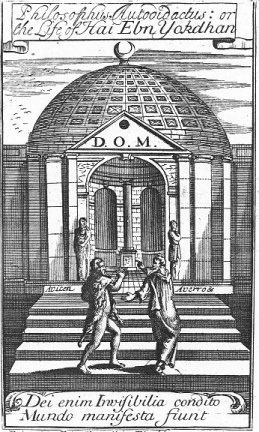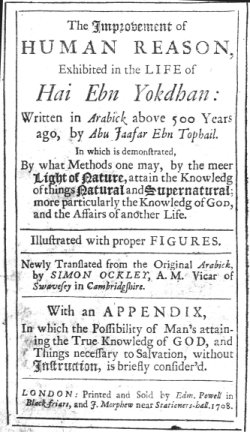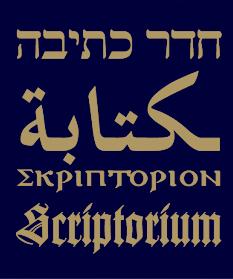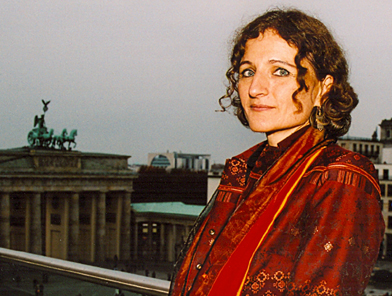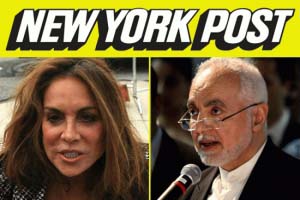
By Roger Cohen, The New York Times, December 6, 2010
PERRY, OKLAHOMA — They call Oklahoma the buckle of the Bible Belt. It’s the state where all 77 counties voted Republican when Barack Obama was elected and where 70.8 percent of the electorate last month approved a “Save Our State Amendment†banning Islamic, or Shariah, law.
So I decided to check the pulse of a resurgent conservative America at the Kumback Café. The Kumback, established 1926, is a cozy, memorabilia-filled joint that sits opposite the courthouse in downtown Perry, population 5,230.
Things work like this at the Kumback: The guys, average age about 80, arrive around 8 a.m. and get talking on “the whole gamut of lifeâ€; the girls, average age too indelicate to print, gather later at a horse-shoe shaped table toward the back. Ken Sherman, 86 and spry, explained: “We’ve got to come here every day to find out what’s going on. And by the time we leave we forget.â€
I asked Paul Morrow, a whippersnapper at 71, how things were going. “There’s just too much Muslim influence, all this Shariah law,†he said. “We’re conservative here, old and cantankerous.†Continue reading Shariah at the Kumback Café
